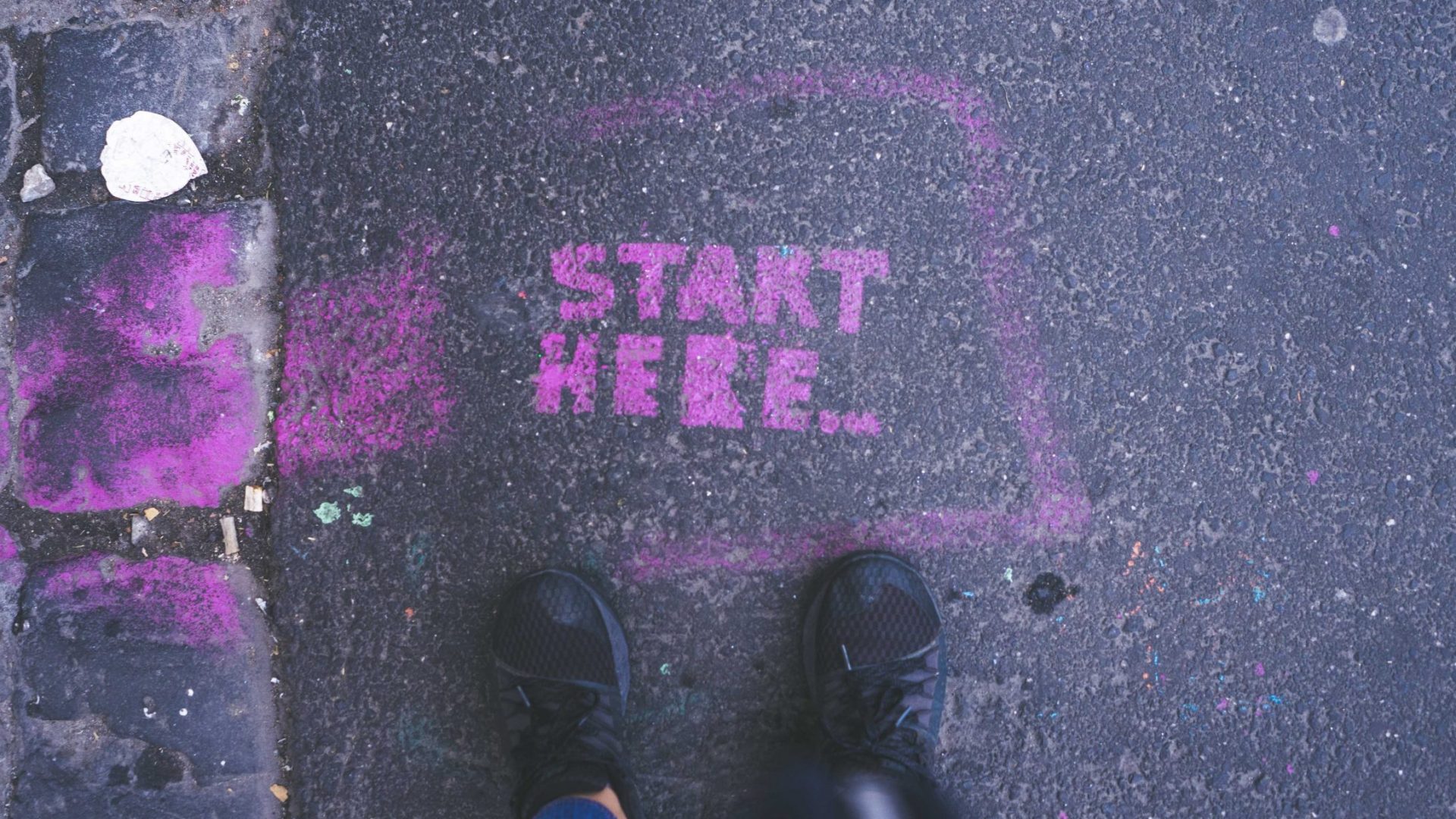Com(munity) As You Are: Getting Started (pt. 1/4)
The Tableau Community is one of the most vibrant and welcoming technology communities in the world. But why is everybody so enchanted with it? And what’s in it for you? This is a record of my experiences with the Tableau Community, how I got involved and how it has benefitted me – both professionally and personally.
Please note that while this blog details my journey with the Tableau Community, you will be mostly able to apply these contents to other communities as well. You may want to mentally replace “Tableau Public” with “StackOverflow”, or post LinkedIn articles instead of blogging, but the underlying principles are widely topic-agnostic.
Quick reference:
- Networking
- Events
- Tableau Public
- Blog
- Speak
- Stay engaged
- Say Yes!
- Find your passion
- Get a cheerleader
- Help others
- Don’t wait
-
Networking
What I did:
I slipped into the Tableau Community unnoticed by anyone – least of all by myself. I was writing my bachelor thesis on how implementing and rolling out Tableau might help my company at the time. Having to figure out the software on my own, I found it both staggeringly simple and mind-boggingly frustrating. Over dinner with a friend, they asked how things were going. I immediately launched into a rant how Tableau couldn’t do the simplest calculations (back when I hadn’t really understood the running table calculations), how the labelling was absolutely horrible (back when I hadn’t really understood measure names and measure values), and how it failed at the easiest things that Excel could do in a heartbeat (back when I didn’t understand that shading your labels isn’t always necessary, that having only a right y-axis was rarely sensible, and that it’s not really clever to use Tableau in order to recreate the exact same dashboards that you had previously built in Excel). My friend calmly listened to my rant and then suggested he reach out to a friend who might be able to help me with all of that.
Three weeks later I was on the phone with said friend whom I then quoted in four separate instances in my thesis. Andreas Kollmorgen of The Information Lab Deutschland GmbH helped me pro bono with all the questions I had, and gave me many answers to questions I at the time didn’t know I should have had. He also asked me what my plans were for after graduation, and if I might not consider coming to the Tableau Zen Master Days in Hamburg. (Spoiler alert: Andreas has been my colleague for two and a half years now.)
What you can learn from that:
Reach out to your friends. Fact is that we are connected with everybody in this world through seven people. If you need help or find yourself looking for a new opportunity, just talk to people who are likely to know someone who knows someone, and sooner than you know it you will find yourself in the place you wanted to be.
-
Events
What I did:
At the Tableau Zen Master Days in Hamburg, I met many people who would later become my boss, my colleagues, my clients, my mentors, my friends. I widened my network and met people I never would have otherwise met. I also learned about Tableau Public and Twitter.

I’ve since attended multiple Tableau User Groups around the world, been to other MeetUps around data and everything to go with it, and started Data+Women Germany together with two colleagues.
What you can learn from that:
Chances are, nobody will explicitly invite you to such an event. (Or maybe they will, going from what I said above about your network.) Go anyway. This can be anything that’s of interest to you. Look for a Tableau User Group near you or check out data related groups on MeetUp. There’s plenty out there.
Check out what else to consider in Part 2 of this mini series.

